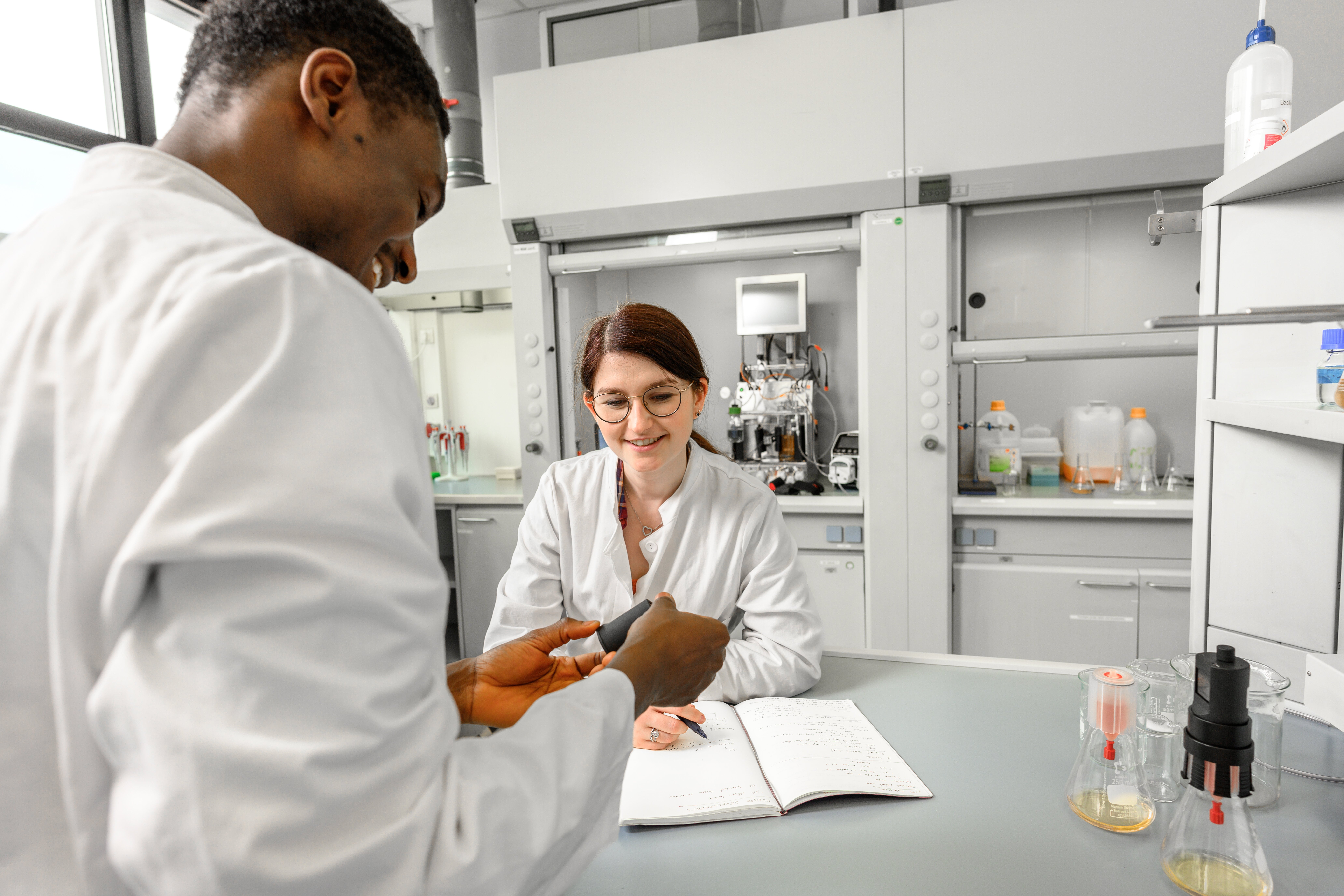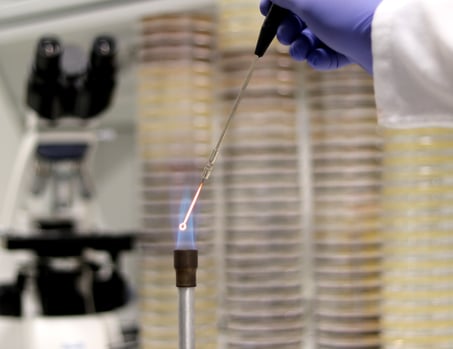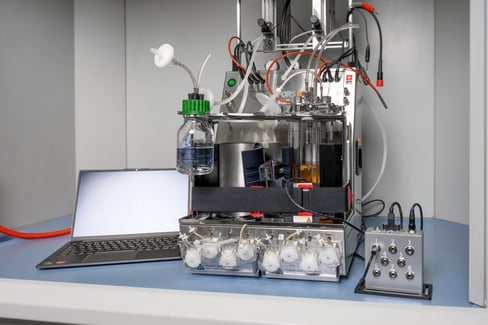What is Digitally Simplified Bioprocessing?

The Synthetic Biology Revolution
The synthetic biology revolution is enabling the re-architecting of industries as diverse as pharmaceuticals, energy, animal-free nutrition, agriculture, and water treatment.
The revolution is driven by the collaboration of biology, engineering, regulatory, and data science professionals. However, with each discipline speaking a completely different, distinctive language, the process of getting new products to market is disjointed and cumbersome. To move organisms expeditiously from discovery, characterization, transfection, scale-up/scale-down, and ultimately to manufacturing and regulatory approval, powerful new tools are required.

Because of the twin challenges of cost and non-communication between disciplines, there is a real struggle to integrate their respective workflows. As a result, many of the community's most innovative members are hamstrung by inconsistent and insufficient data sets from small-scale testing, human error, high labor costs, and challenges scaling up and down. Additionally, the data sets often do not have a wide enough variety of sensor data and governance and data set sizes are not appropriate to power machine learning or artificial intelligence studies. This has resulted in the biotech industry not benefiting from the productivity gains of other industries in our digital age.
Peter Thiel notes in his book Zero to One:
“Despite dramatic advances in biotechnology over the past two centuries, in recent decades biotechnology hasn’t met the expectations of investors or patients. Eroom’s Law—that’s Moore’s Law spelled backward—observes that the number of new drugs approved per billion dollars spent on R&D has halved every nine years since 1950. Since information technology accelerated faster than ever during those same years, the big question for biotech today is whether it will ever see similar progress.”
Digitally Simplified Bioprocessing with SBI
To solve this problem, SBI is pioneering a new category of Digitally Simplified Bioprocessing tools that enable researchers to move from the current era in research of trial and error, albeit one based on the scientific method, to one amplified and accelerated by digital twins and computational tools. Digitally Simplified Bioprocessing means performing in hours, years worth of trial and error in silico and verified by affordable but scalable experiments in the smallest instrumented process scouting vessels. It is also an easy-to-use "Rosetta stone" to help the different disciplines work easily and productively together. 
SBI's Digitally Simplified Bioprocessing systems represent a step-change in speed and price points from current industry offerings in capital and operating costs that will reverse Erooms Law. SBI’s tools are the building blocks for the first life science internet of things consisting of networks of proprietary tiny optical sensors that collect environmental and process parameters, soft sensors, powerful data analytics, visualization tools, and digital twins. This will seamlessly allow biologists, bioprocessing engineers, and data scientists to collaborate and bring biology-based products to market faster and more affordably than ever.